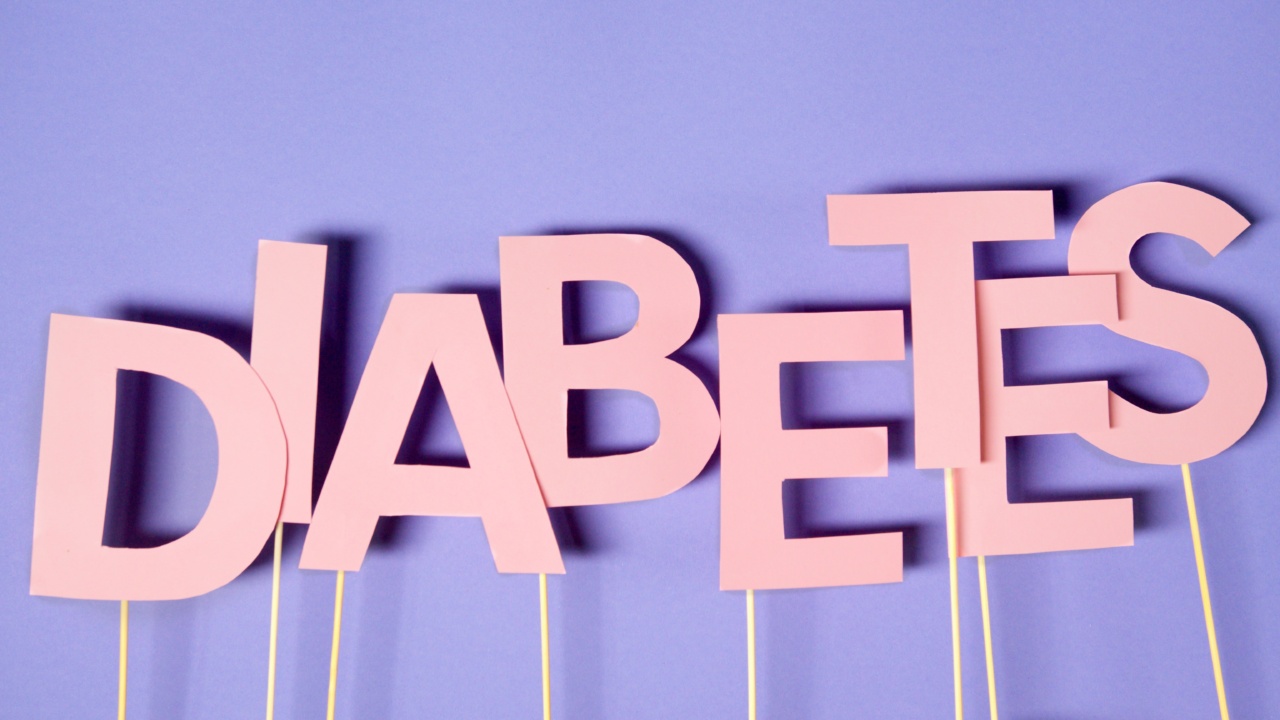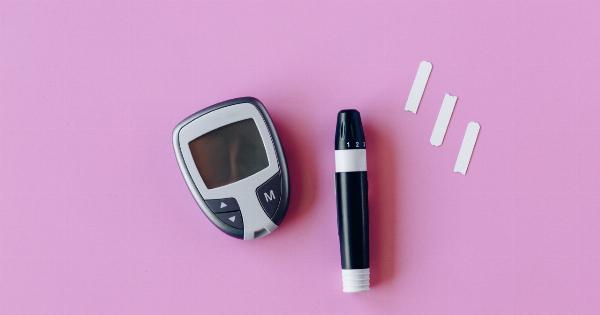Living with diabetes can be challenging, especially when it comes to managing your diet. There is a lot of information out there, and unfortunately, not all of it is accurate.
In this article, we will debunk four common misconceptions about diet and diabetes to help you make informed decisions about your health.
1. Belief: People with diabetes cannot eat sugar.
Fact: While it is true that people with diabetes need to be mindful of their sugar intake, it does not mean you have to completely eliminate sugar from your diet. Sugar can still be included as part of a balanced meal plan in moderation.
The key is to monitor your carbohydrate intake and adjust your insulin or medication accordingly. It is essential to work with a healthcare professional or a registered dietitian to determine the appropriate amounts and types of carbohydrates that best suit your needs.
2. Belief: People with diabetes should only eat “diabetic” foods.
Fact: There is no such thing as a “diabetic” food.
Many products marketed specifically for people with diabetes may claim to be sugar-free or low-carb, but they often contain alternative sweeteners or additives that may not necessarily be healthier. These products can also be more expensive. Instead, focus on a well-balanced diet that includes a variety of fruits, vegetables, whole grains, lean proteins, and healthy fats.
It is important to read food labels, pay attention to portion sizes, and track your carbohydrate intake to maintain blood sugar control.
3. Belief: People with diabetes cannot enjoy carbohydrates.
Fact: Carbohydrates are an essential source of energy for the body, and they can and should be included in a diabetic diet. The key is to choose carbohydrates that have a low glycemic index (GI) and provide essential nutrients and fiber.
Low GI foods release glucose more slowly into the bloodstream, preventing spikes in blood sugar levels. Examples of healthy carbohydrates include fruits, whole grains, legumes, and non-starchy vegetables. Portion control and moderation are crucial for managing blood sugar levels effectively.
4. Belief: Insulin is a cure for diabetes, so diet does not matter.
Fact: Insulin is not a cure for diabetes; it is a vital treatment tool for managing blood sugar levels. While insulin therapy helps control blood sugar, diet plays a significant role in overall diabetes management.
A balanced diet that focuses on healthy food choices will contribute to better blood sugar control, weight management, and overall well-being. It is important to work with your healthcare team to create a personalized meal plan that suits your unique needs and complements your insulin regimen.
Conclusion
Separating fact from fiction when it comes to diet and diabetes is crucial for effectively managing the condition. Remember, people with diabetes can still enjoy a wide range of foods as part of a balanced meal plan.
Moderation, portion control, and a focus on nutrient-dense options are key. It is always recommended to consult with a healthcare professional or a registered dietitian to address your specific dietary needs and ensure a healthy and enjoyable lifestyle alongside diabetes management.

























